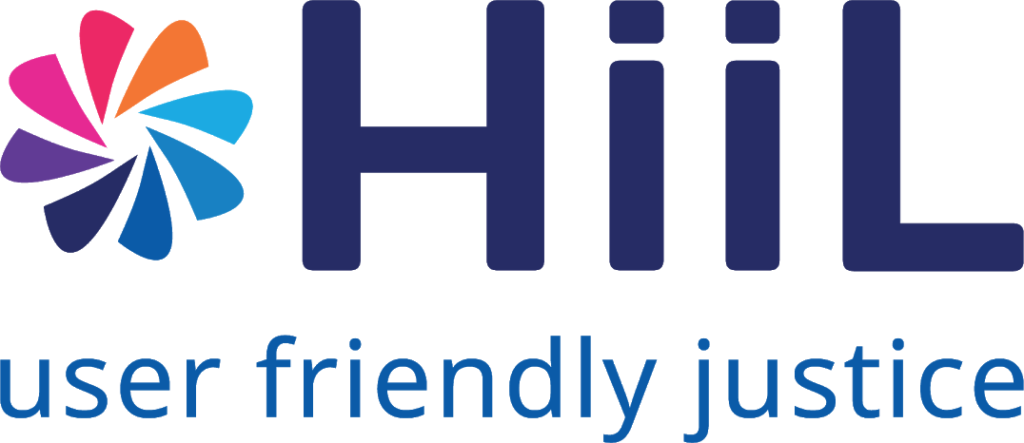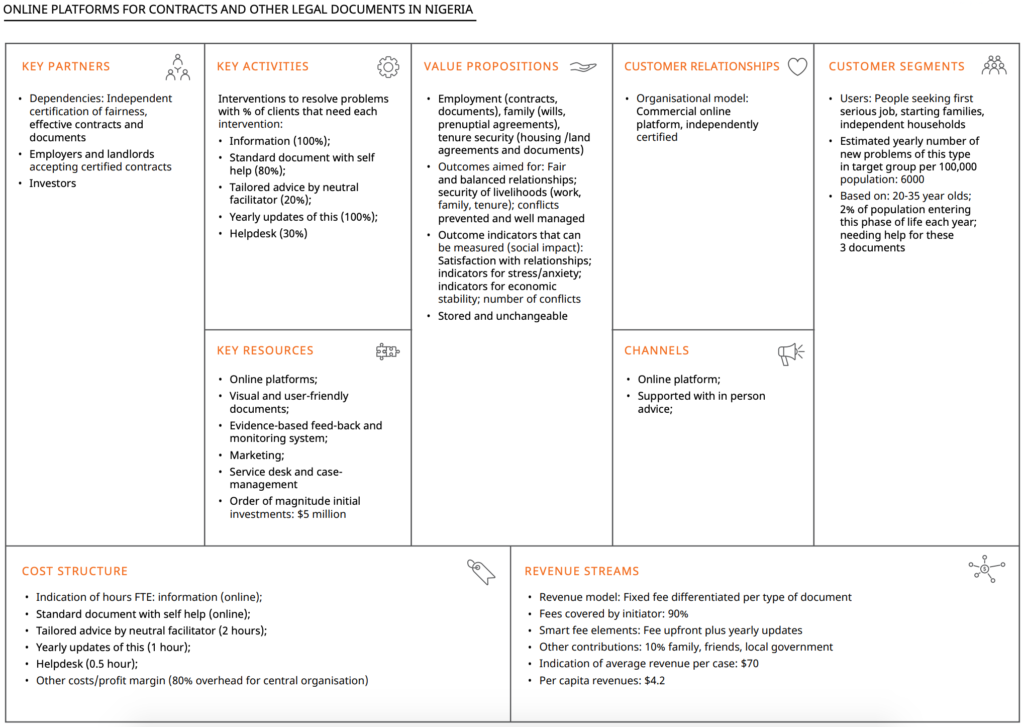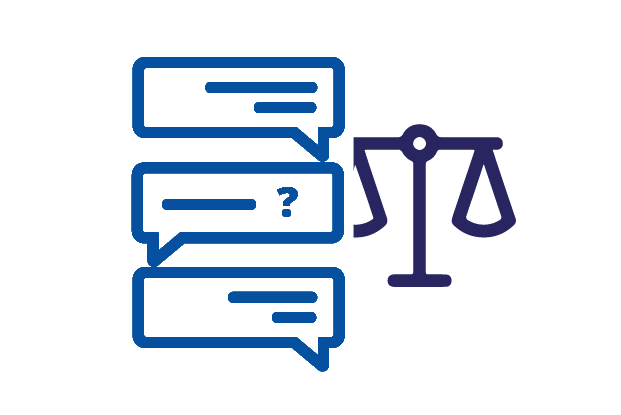Task forces may want to consider independent certification of contracting formats. Comic Contracts, a provider of visual contracts for low skilled farm workers in South Africa, is still hearing from potential clients that they want to be sure these contracts can be upheld in courts. An independent legal opinion, offered by a law firm, or a precedent set by a court, is the current way to confer this type of legitimacy. In the health care sector or in the construction sector independent certification is more easy to obtain and organised in a more transparent way.
Typically, a certified contracting format will include brackets for distributive issues such as minimum wage, maximum fines or fair sharing of assets in a marriage contract. In order to make the case for this, certification may have to be compared to the current practice. In most countries, the baseline is that contract clauses need to be interpreted by courts, applying centuries old principles of contract law. This can take decades to unfold and the costs-benefits analysis by courts may be clouded in legal interpretation instead of informed by data. Many regulators interfere with work contracts or rental agreements as well.









